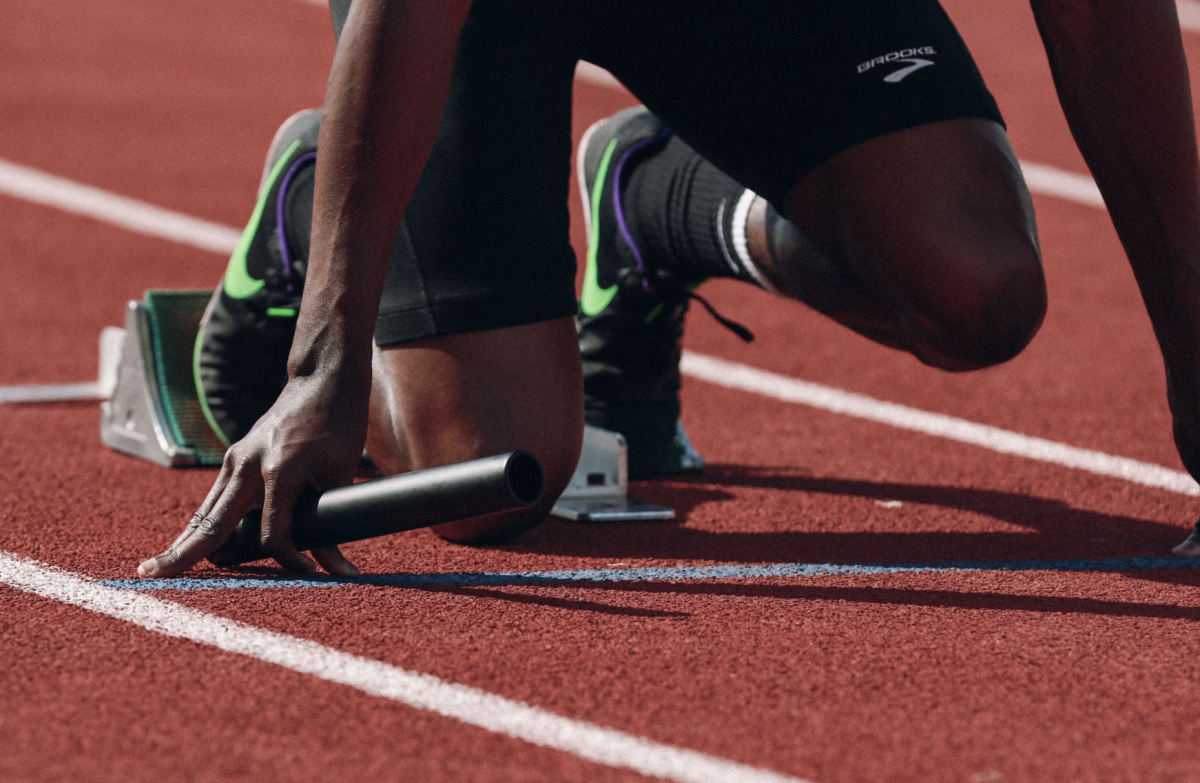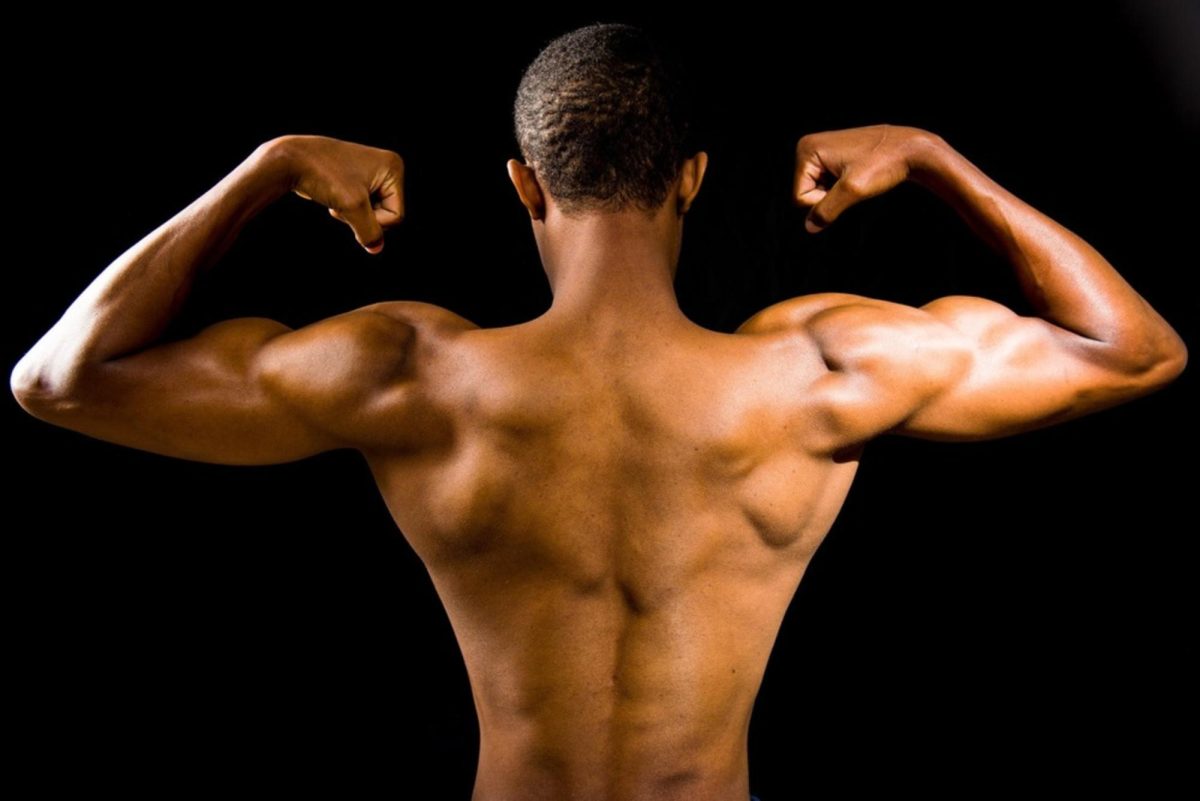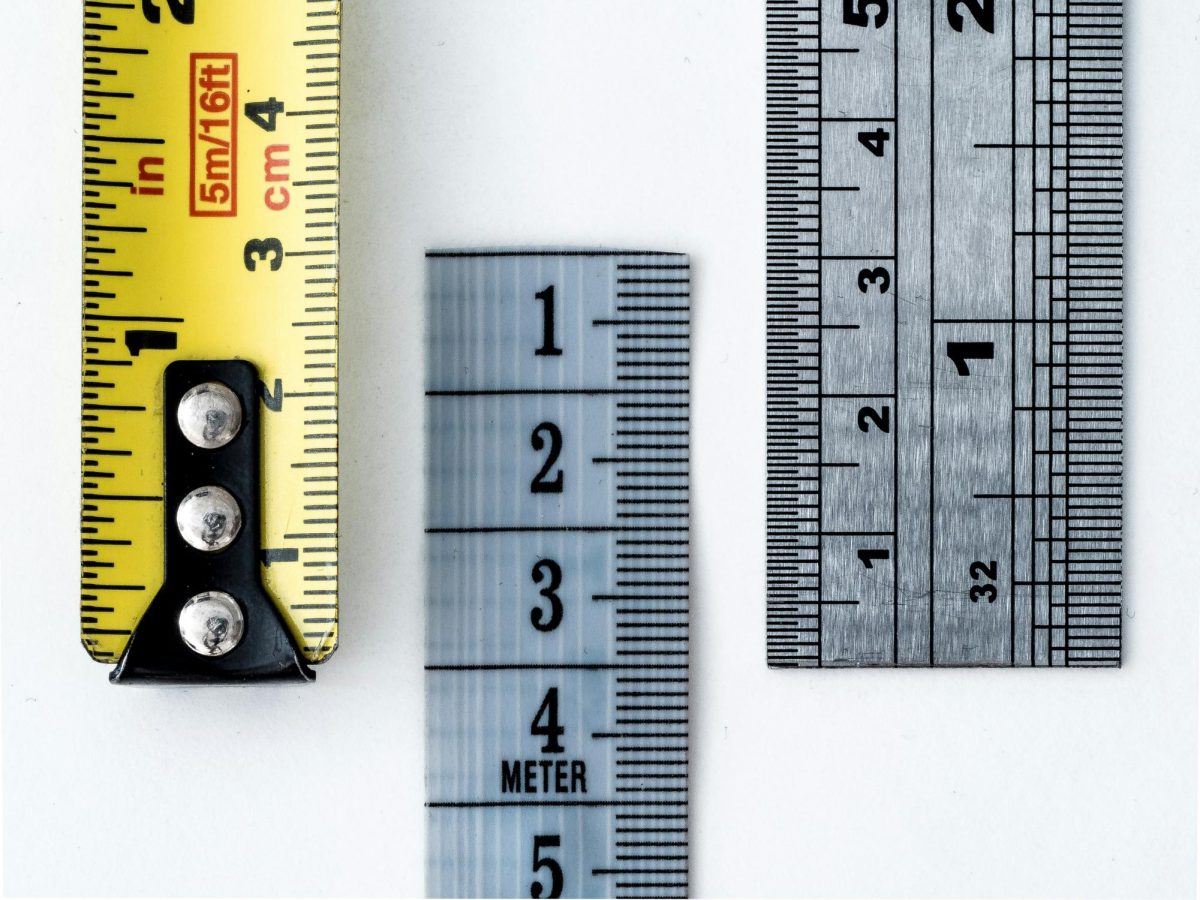I’ve always considered myself to be a logical thinker. I make carefully considered decisions, I think well before I speak, and I try to make choices in my life that are beneficial to my well being. So when I joined my school’s cross country team, my sanity was definitely questioned by myself and others. I mean honestly, cross country is solely the worst part of every sport, not once have I been running and thought to myself “I am having a great time.” But with all that aside, I can say confidently that I am a very, very…. mediocre runner. I have some natural advantages, like having longer legs. I also have some natural disadvantages, like being slow. Regardless, I’m very grateful that my cross country team has provided me with a welcoming and encouraging environment to play my sport.
However, I’ve become aware that not everyone is provided with an environment that is so welcoming. It hasn’t been uncommon for me to hear conversations in the classroom or on the news about who has an “unfair advantage” in professional athletics, and who should and shouldn’t be allowed to participate. In March, World Athletics imposed a full-ban policy on transgender women athletes competing in international competitions. In April, the house approved a bill barring trans women athletes from competing on women’s sports teams at federally supported schools and colleges. The justification for both of these decisions was cited as “protecting the integrity of women’s sports”… by banning women from participating in them. It seems like backwards logic to me.
Not only is it contradictory to protect the integrity of women’s athletics by not allowing certain women to participate, but banning transgender women is not based on any scientific consensus. Further, anti-trans rhetoric is not only harmful to the women it’s weaponized against, but relies on a dangerous patriarchal protection trope used to police all women.
So today, let’s first examine the arguments being made against trans women athletes and understand the evidence from scientists who look at physical performance. Second, we’ll identify the ways in which anti-trans rhetoric relies on patriarchal stereotypes. And finally, we’ll find a way to address the real issues jeopardizing the integrity of women’s athletics.
According to a study by the New York Times, “out of 200,000 women in college sports at a given time, about only 50 are transgender”, yet “78% of transgender youth athletes in the US feel pressured to stop playing sports because of their gender identity”. This means while transgender youth make up only a small minority of athletes, a large majority of those trans athletes feel uncomfortable participating in sports.
Given this statistic, it seems the issue is not that there is overwhelming trans participation in athletics, but that there is actually very little due to stigmatization.We’ve established that the predominant argument against trans athletes in professional sports is that it isn’t fair, but there’s statistically not enough trans participation in athletics for there to be discernible unfairness. Unless that is, we’re talking about how unfair it must be to feel pressured to stop playing sports because of your gender identity.
Some conservative policy makers recognize this, and instead argue that even one trans athlete can offset scores drastically because of their biological advantage. But even this thinking is flawed, and fails to consider the numerous other biological advantages that take place in sports. Let’s take, for example, two high jumpers in track and field. One competitor might “have a biological advantage” because of genetic factors like height and having longer legs, while the other could have perfect form and score better.
According to medical Dr. Joshua D Safer, “a person’s genetics, anatomy, and physiology are not themselves useful indicators of athletic performance when there are so many contributing factors”. Believe me, if being good at sports was based solely on genetics, then I should be in the WNBA. Okay, I’m not that tall, but you’d think I was tall enough to occasionally make a basket… Protecting women’s sports would be better served by preventing me from ever playing basketball again.
That said, there are distinctive issues concerning safety in women’s athletics; and none of them have to do with trans women.
Last October, a report published on the National Women’s Soccer League revealed years of systemic abuse by coaches, including verbal, emotional, and sexual abuse. The investigation found that leaders of the NWSL as well as owners and executives failed to act on years of persistent reports of the abuse. This is not an isolated story. According to UN Women, nearly 21% of professional female athletes have experienced sexual abuse as a child in sports. Even in childhood athletics.
It is also an undeniable fact that female professional athletics are taken far less seriously by social media and the sports industry. With articles like “Why Simone Biles is the Michael Jordan of gymnastics”, and tweets like “Wife of Bears Lineman wins a bronze medal today in Rio Olympics”, it’s clear that women’s athletics aren’t considered to the same degree of importance as mens. In a poll of 2000 British adult men, 12% believed they could beat Serena Williams in a tennis match. I don’t know about you, but I’d rather take a bullet than be on the other end of her serve.
At the very heart of the argument against trans women in sports, there is great hypocrisy. Take the words of former house speaker Kevin McCarthy, who said it was a “great day for girls and women ” on April 20th, when the house voted to pass a bill banning trans athletes participation in professional athletics. I wonder if he had the same sentiment when he expressed support for a nationwide abortion ban following the announcement of the Roe versus Wade decision. This protection trope, the men get to decide how women are best kept safe, is not only sexist, but does not serve to keep any single person safe when it’s the same men making the decisions that jeopardize women’s safety. I did not feel safe when the overturning of Roe v Wade decided the government had more right to my bodily autonomy than I did. That was not a great day for girls and women, and it was not a great day for me. I can only imagine how transgender women feel when they’re left out of the conversation about their rights. I’m sure they don’t feel like it was a great day for girls and women either.
So how can we create a safe environment for all women in sports?
First, we need to listen to the voices of professional women athletes. In order to protect the integrity of women’s athletics, we need to elevate the voices of those actually participating in them, instead of allowing the conversation to be dominated by men.
From there, we need to take real measures to address issues such as sexual violence in women’s athletics, and take corrective measures to challenge the attitude that female athletes are less serious competitors than men. Implementing background checks on coaches needs to become routine, and start at early levels of sports. Along with this, we need to be mindful of the way women’s achievements in sports are being defined. Correct your family or friends when you notice they’re defining female athletes by relation to a male counterpart.
If being an athlete has taught me anything, it’s that having a safe environment is key to the integrity of sports. We need to work harder to eliminate bigotry in athletics, and start listening to the voices of those truly best fit to make decisions about women’s sports. So, while my personal decision to join cross country might have been completely illogical, the way we treat our female athletes must be anything but.















Mrs. Sheldon • Feb 16, 2024 at 7:04 PM
Thank you for sharing your voice on this important topic!